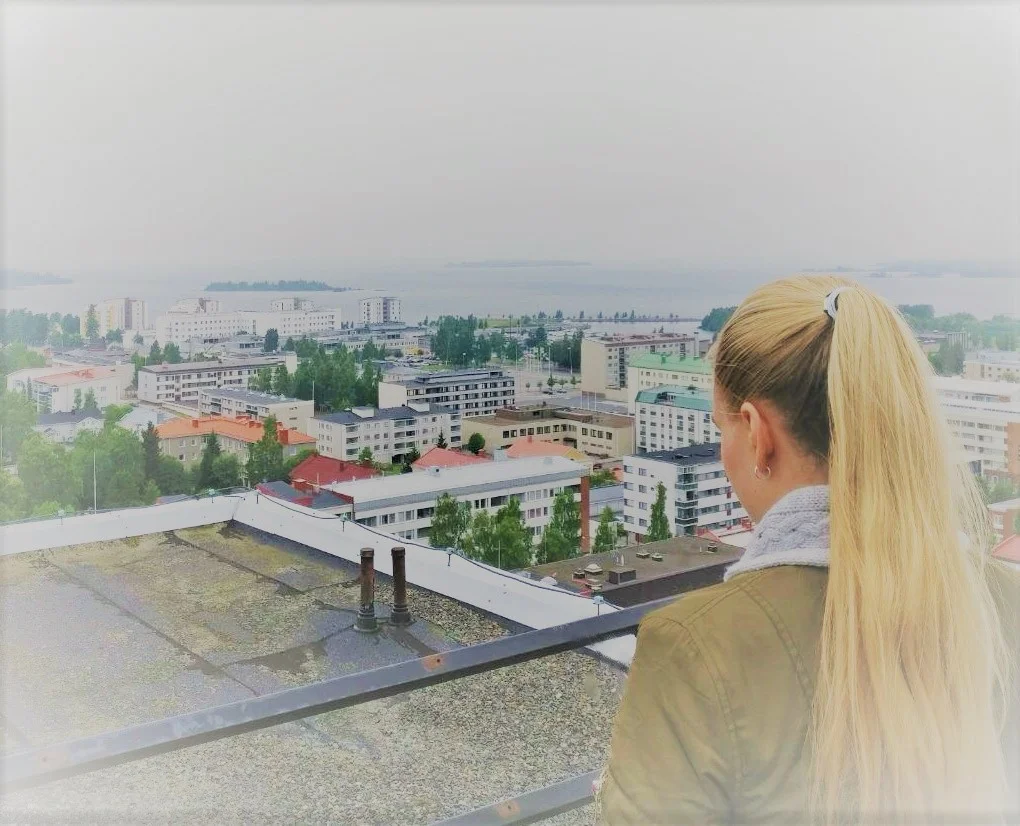The Secrets and Surprises of Book Publishing
This summer I have had the rare opportunity to work in book publishing, the field of dreams to many a language student. An editing job has been the dream of mine, too, for ages – and now I, a lucky third-year English student, have been able to realize this career fantasy for just about two months, with one more to go. I am doing a summer internship at Tammi Publishers as a part of my university studies, and am here taking a brief break from all the editing and proofreading to spill the juicy secrets of the field – or, really, just to tell you what has managed to surprise someone who already had a good amount of information about the work before starting a job at the third-largest publishing house in Finland. If you have ever been interested in or curious about this somewhat mysterious career path, you will want to read on!
Some background before getting into it: I work for two departments within Tammi during the summer, both translated, and Finnish fiction, and my comments will thus cover these two astonishingly different areas of publishing, no less nor more. And not to worry – if you knew nothing about publishing prior to your stumbling upon this article, you need not stop here; it will all be explained soon.
So, let us hear what has shocked even a publishing buff!
1. THE WORKLOAD IS almost overwhelming and it is not possible to really finish editing a text; this is no dream for a perfectionist such as myself. Any editor’s days, as do an intern’s, mainly overflow with hundreds of pages of fiction to either edit or proofread. (Editing is the first step of shaping a manuscript into something publishable, while proofreading is the last step before sending the finished files for printing). We also carry out mechanical tasks, read and review unpublished or untranslated manuscripts, and write promotional texts for the books we decide to publish. With all this to take care of on every normal workday, I will admit that it can sometimes get so busy that it becomes a tiny bit frustrating – but only in that we never have time to focus on perfecting every single detail. This would, of course, not be a problem at all for someone who does not feel that they must have produced a fully flawless final version of the text before sending it forward… However, after two months of learning how to let go sometimes, I can say that even a perfectionist can definitely fall in love with this job!
2. PROOFREADING IS NOT only hunting for typos. At the beginning of my internship I had both edited a book before and recognized the proofreading signs most often used in Finland, thanks to my high level of nerdiness in language and literature, but I quickly found out that I still had a lot to learn. To deliver a good proofreading, you need to be able to find typos (and mistranslations), fix issues with style and grammatical or lexical repetition, resolve problems with hyphenation and the suffixation of foreign words, as well as try and spot any possible inconsistencies in the story, the use of names, the changing of seasons or other, sometimes tiny things that still contribute to the big picture. The goal is to fix the details so that the whole text would end up being consistent, correct, and enjoyable to read. And this all happens after even months of editing.
3. EDITORS GET TO compose the cover texts, or blurbs. This probably is no news for most of you, but I had, for some reason, had the idea that maybe they were written or at least touched up by experts in marketing or such. It was a glad surprise when I learned that we get to have fun with the blurbs ourselves! So far, I have been lucky to create one for an upcoming Stephen King novel, and been told there might be more to come my way.
4. SOMETIMES WE WRITE promotional texts without finishing reading the manuscript first. However, believe it or not, this is not mere laziness or lack of time; when you only leaf through the work, you get the general gist of the story, its characters and style, and will be able to write a shorter and sweeter text that sounds fascinating because it lacks all the unnecessary details. Those would be difficult to leave out if you had read the whole book, because you would know too much. Oh, the irony.
5. TRANSLATORS HAVE MOST of the responsibility when it comes to revising the translation of a book. At the beginning of this internship, I wondered if some of my comments on style, choices of words and such, were wrong or otherwise bad, when they were occasionally ignored by translators. Slowly, however, I began to understand how this process works: the translator or the author is the parent of this language baby, and the editor is only there to deliver it – to offer another point of view and to suggest changes in order to end up with a product that would be as high-quality and entertaining literature as possible. A good editor is supposed to leave most of the decisions to the translator, because it is their name that is attributed to the final work, not the editor’s. The two professionals cannot possibly always agree with everything, especially when it comes to stylistic issues, but that is okay, because some kind of a happy medium between the two opinions often proves as the reader-friendliest option anyway. It is a great deal of humbleness, flexibility and lowering of my own personal standards that I have had the educational experience of adopting in this job.
6. FINALLY, THE WORK is surprisingly social! Sure, the most of it includes a desk, hundreds of pages, and you, sitting there reading until it has been eight hours – but ultimately, it is all about the writers. And to understand all that there is to understand in this complex, interactive world of literature, its long history, grammar, and artists behind the books, which is the world of publishing, we need to meet the writers, translators, and other editors. Every day at work we naturally converse with our colleagues and learn from each other, but it does not end there. Just one example of amazing literature events Tammi participates in is Helsinki Lit, where writers from all over the world discuss their works and the background to everything. We also get to meet other verbal artists in a more relaxed atmosphere – Tammi’s summer party, which was organized in Suomenlinna, mostly had to do with good food, funny interviews of Tammi’s writers by their editors, and dancing. These are the kind of absurdly beautiful moments I will never forget about this unbelievable summer.
I would like to thank Tammi Publishers dearly for making it possible for me to spend this summer getting an insider’s view as to what it is like to work in publishing. Editing fiction still remains my ultimate dream career path, so instead of farewell, I will say see you soon.






